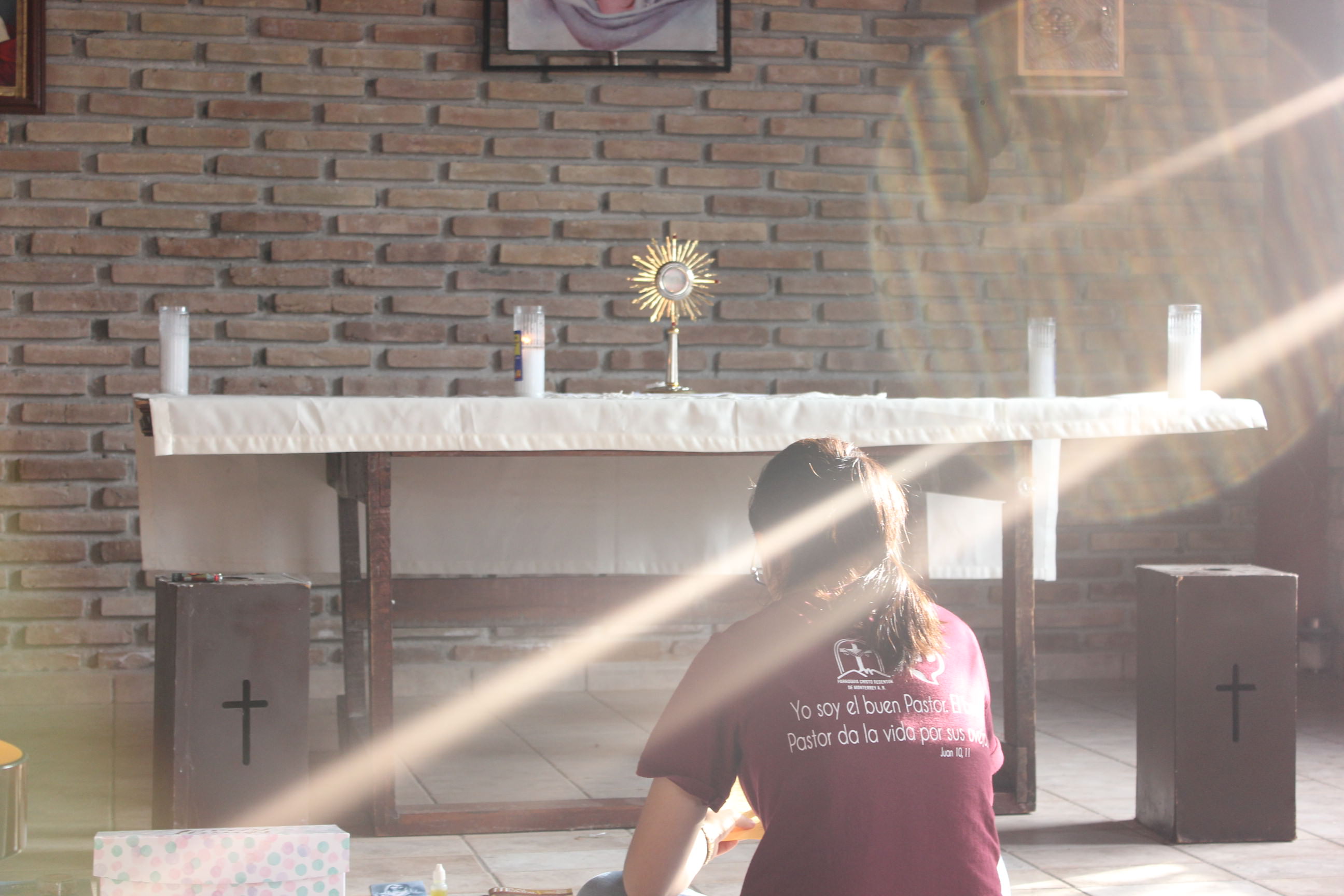Today’s Responsorial Psalm is taken from Psalm 119 which repeatedly mentions the commands of God, the statutes of God, the Word of God. So often we want to have God in our lives, but we aren’t too fond of his teachings, or at least not all of them. In today’s Gospel reading, Jesus and his apostles are utterly exhausted, unable to even find the time to eat, but when Jesus observes the crowd that has gathered to see him, “…his heart was moved with pity for them, for they were like sheep without a shepherd; and he began to teach them many things.”
Sometimes Jesus healed bodies, but he always wanted to heal souls. One of the primary ways he did this healing work was to teach and to preach. To explain to his friends and to the crowds how the commandments were to be lived out in their everyday lives. Jesus knew that if the people of his time could only understand that God’s laws were designed to help them to thrive, they could find the healing they craved and avoid destructive pitfalls. The same pitfalls we modern day folk create for ourselves by doing things our way instead of God’s way.
And good, kind Jesus didn’t pull any punches. He set the bar high, exhorting his listeners to forgive enemies, to honor God’s purpose and plan for marriage and sexuality, to serve the poor and the needy. Sometimes they were even asked to leave everything behind and literally follow him. Knowing their weakness, he promised to send them the Holy Spirit so that they could do what he commanded them to do! (Aka without the Holy Spirit, it is impossible!)
From the time my four sons were very young, I had them learn and recite the first line of the Responsorial Psalm from today’s Mass readings, (RSVRC translation), “How can a young man keep his way pure, by guarding it according to your word.” I wanted my sons to internalize the concept that fidelity to the teachings of Christ brings a purity of heart and mind that empowers them to avoid selfishness, lust, and greed. A freedom that fosters health in mind, body, and spirit. I wanted them to recognize what is good when they see it and to have the desire to be good themselves.
Jesus Christ, the very Word of God made flesh, is moved with pity for us and wants to teach us how to live out his commandments. When we follow his commandments—when we follow him and do whatever he tells us to do—we live in Him and He in us.
 Christine Hanus is a thwarted idealist who, nevertheless, lives quite happily in Upstate NY. She is a wife and mother of five grown children.
Christine Hanus is a thwarted idealist who, nevertheless, lives quite happily in Upstate NY. She is a wife and mother of five grown children.
Feature Image Credit: fertoledo, https://www.cathopic.com/photo/15690-rostro-cristo




